Every nation has its own unique power blend to employ in the pursuit of its aims. Some nations’ blends are stronger, some are weaker, but all of them are composed of two ingredients – hard and soft power. The precise mix of soft and hard ingredients in each nation’s power smoothie, depends on that country’s resources, politics, culture, and position. Having a more balanced mix furnishes a nation with more options when it is confronted with challenges; it can choose to employ either hard power, or soft, depending on the situation, or can ramp up from soft to hard if their opponent is proving especially troublesome. It goes without saying then, that nations whose power mix is dominated by only one ingredient are more limited in their options than those who have an even blend of the two. This is notable because, as we type the USA, holder of a power blend that is unmatched in its potency, is now willingly, and blindly, discarding the soft ingredients to its power mix – a tremendously foolish choice.
Russia: Almost Pure Hard Power, Minimal Soft Power
Russia’s power is almost entirely hard. She can only really bring to bear military force, economic coercion through energy supplies, cyber warfare and clandestine intelligence actions. Moscow lacks meaningful soft power; it has few genuine allies, limited cultural influence and little ability to shape global norms in its favour. Its international relationships are built on fear, economic dependency, or shared authoritarian interests rather than trust, respect or admiration. Russia’s power projection is therefore narrow and brute force based – it takes territory, disrupts, and coerces but struggles to build lasting influence. Having only hard power resources to employ makes Russia a weak nation, with limited options when confronted with challenges.
UK: Almost Pure Soft Power, Limited Hard Power
The UK, by contrast, wields one of the world’s most sophisticated soft power arsenals – diplomatic influence, intelligence reach, cultural exports, and historical alliances. Though its military is capable, its hard power is very limited in scale. It relies on strategic partnerships (NATO, Commonwealth etc) and diplomatic leverage rather than raw military might. Britain’s strength lies in being a global convener, a trusted diplomatic broker, and a nation whose relationships often extend beyond its material power. Yet having only soft power tools to employ means the UK struggles when opponents prove impervious to gentle persuasion.
USA: The Most Comprehensive Power Arsenal – Now Being Abandoned
The USA was the only nation with a truly comprehensive mix of hard and soft power; an unmatched military, an economic engine that set global rules, a vast network of alliances and unparalleled cultural and technological influence. This blend gave it a unique ability to lead through both coercion and consent.
Yet under Trump, America is dismantling its soft power components – alienating allies, rejecting multilateralism, and turning inward. Without these, its hard power becomes weaker by default. Military might without legitimacy turns into reckless force. Economic power without global trust leads to isolation. The USA is not just losing influence – it is actively shrinking into a transactional, unreliable power, cutting itself down to the level of nations like Russia, only able to utilise hard power tools, losing the ability to command global loyalty.
The Result: A Weakened America – A Fragmented World
The key lesson here is that power is not just about force – it is about options. A nation with a broad mix of power tools can adapt to global shifts, forge alliances, and secure its interests without always resorting to brute strength. The UK has few hard power tools but maximizes its soft power; Russia has almost no soft power but exploits the hard power it has. The USA, however, once had it all – and is now deliberately abandoning a vast portion of its arsenal.
This self-inflicted weakness does not just diminish America – it destabilizes the world. Without a balancing power that can both lead and enforce, global order fractures. And that is precisely what adversaries like Russia and China are counting on.
